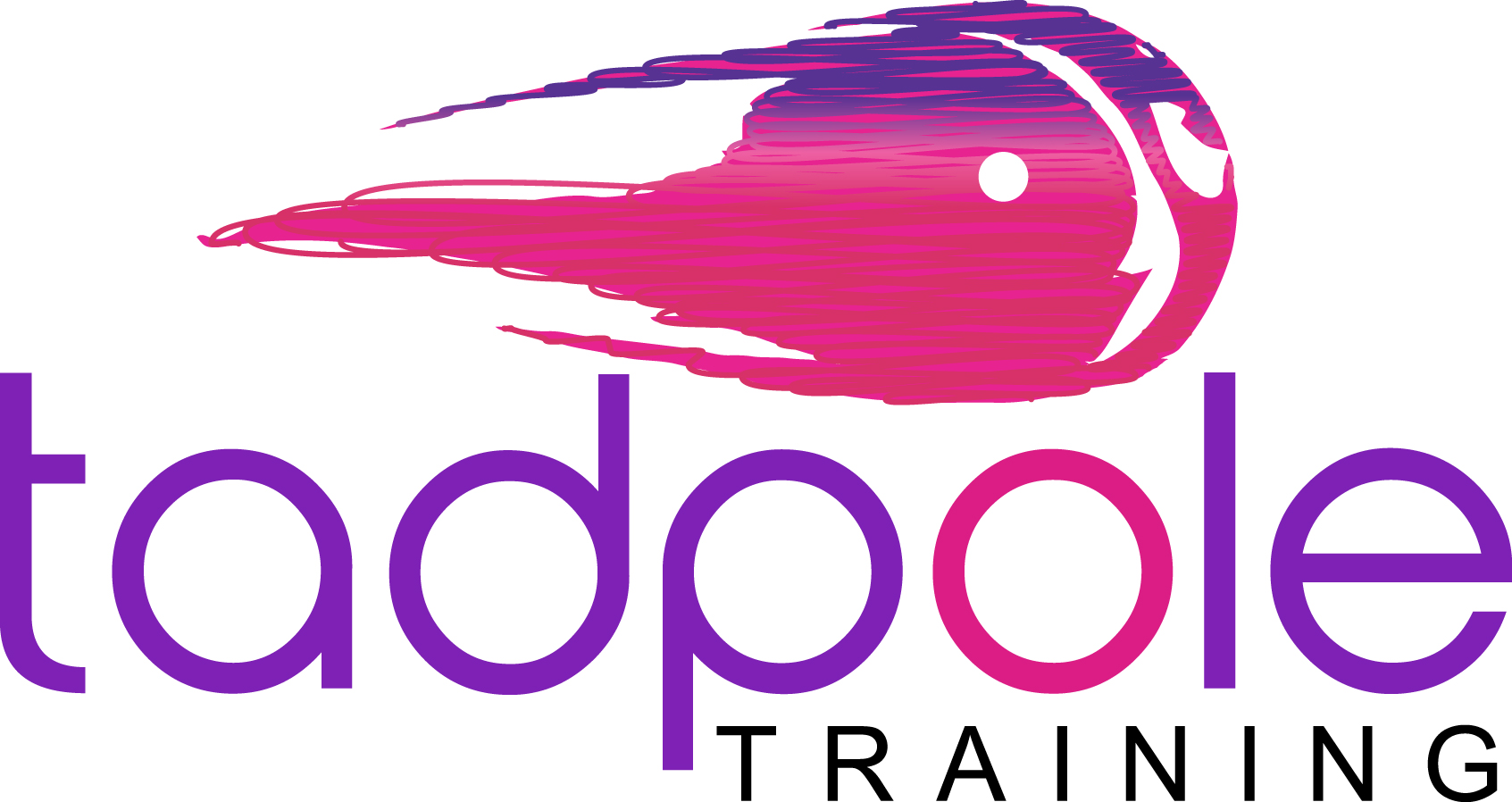Why I love Sales Objections and you should too.
As a sales trainer, one of the things that I get asked about probably more than any other (with the possible exception of how to close better) is overcoming objections.
There is something about an objection that can strike genuine fear into the hearts of salespeople – particularly if they are less experienced – but it really shouldn’t be like that.
Now, I do accept that part of the mindset of being in sales is that thrill you get from moving a prospect on towards becoming an actual paying customer (yes, you’ve guessed it, when I was in direct sales, I was a ‘hunter’!), but what if sales isn’t your natural world and you find elements of it a real struggle? If that is you, then here are some practical things you should consider, which will hopefully change your perspective a little bit – or maybe even a lot.
-
You can prepare for objections in advance. It is likely that most customers will broadly be worried about similar things, so do your homework, make a list of possible objections and work out what you can say to overcome them.
-
Make sure you have lots of reviews, testimonials and case studies from happy customers. If a potential customer objects to something specific, it can be very powerful to say “Well my customer AAA had a similar concern, so we did BBB and the results were CCC.”
-
Don’t rush to answer objections with tons of facts. It can be a lot more powerful to ask probing questions instead, such as “why is that important to you?” or “tell me a bit more about your concerns”. By encouraging potential customers to explain in more depth, you may find that the objection they stated was actually secondary to something else, which is fantastic, because now you can address the genuine objection.
-
It might sound strange, but when a customer gives an objection, it can often mean that they are very close to buying. An objection means that they are considering using your product or service and are just checking that everything fits properly. If they have a genuine concern, then it makes sense to air it and make sure that it is not a deal-breaker.
-
Some customers can just throw in an objection to put you off – so getting an objection can sometimes have absolutely no bearing on whether or not they are going to buy from you. Just as in life, customers come in a whole range of personalities!
-
Once you have dealt with an objection, it is useful to ask a follow up question (known as a confirmation question), such as “has that answered your concerns?” or “is there anything else you would like to know?” By doing this, you find out whether you have dealt with their objection to their satisfaction and it allows you to move onto the next stage of the sale. After all, if you don’t deal with their objection properly, then there probably won’t be a next stage of the sale!
I hope these simple strategies will help you worry less about getting objections. Instead, acknowledge that objections are simply part of the sales process and can be a great way of cementing that sale.
Happy selling!
Janet is based in Enfield, north London and trains small businesses and entrepreneurs how to sell more. She has recently reached the final of the Institute of Sales and Marketing Management’s national awards (BESMA 2016) in the category of Sales Trainer of the Year and, in November 2015 won ‘Start up Business of the Year’ at the Enterprise Enfield Business Awards.
If you enjoyed this article and you would like to receive a free download: Janet’s 8 Proven Sales Tips, please click on this link now.
Click Here for 8 Proven Sales Tips

